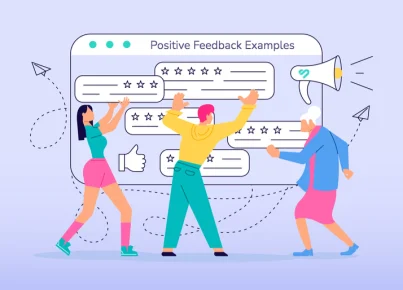Introduction: The Importance of Political Awareness
In today’s challenging political climate, it is more important than ever to educate and instill the value of voting and civic engagement in the young generation. Teachers and schools play a crucial role in shaping the minds of future voters, making them responsible for encouraging students to vote.
1. Knowledge is Power
Teachers have the opportunity to integrate current events, political processes, and historical context into their curriculum. By discussing these topics, students can gain valuable knowledge about politics, the right to vote, and their influence as citizens. This information empowers them to make informed decisions when casting their ballots.
2. Promoting Civility and Discourse
Encouraging students to vote also allows for healthy debates and conversations within the classroom that foster critical thinking skills. Teachers can model civil discourse by having respectful discussions on controversial topics, showing students how to engage in meaningful debates.
3. Social Responsibility
Schools can create a sense of social responsibility among students by emphasizing the importance of voting. Voting is not just a right but a responsibility for every citizen. Teaching students about issues affecting their community helps them understand that their vote matters in shaping local and national policies.
4. Encouraging Active Citizenship
Educational institutions should provide extracurricular activities related to civic engagement like volunteering opportunities, mock elections, or debate clubs. Such activities encourage student participation in democratic processes while strengthening their sense of belonging in society.
5. Building Future Leaders
By encouraging students to vote, teachers help build future leaders who are aware of their rights and can make decisions that affect society positively. Voting habits developed early in life often continue into adulthood, increasing civic engagement overall.
6. Addressing Voter Apathy
Young people often feel disconnected from politics due to lack of representation or understanding of complex issues. By cultivating conversations about political issues in the classroom, teachers provide clarity and a sense of relevance. This engagement has the potential to counter voter apathy among younger generations.
Conclusion: A Stronger Democracy
Teachers and schools have a unique opportunity to shape the values and priorities of future voters. It is their duty to promote civic engagement, emphasize the importance of voting, and provide students with the tools they need to make informed decisions in a democracy. By actively encouraging students to vote, educators help create a stronger, more inclusive society for all citizens.




